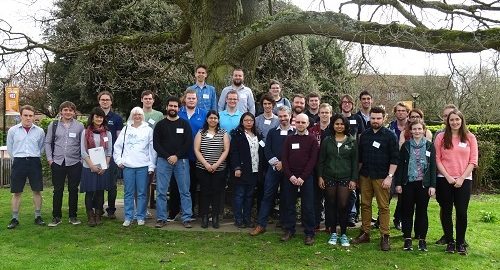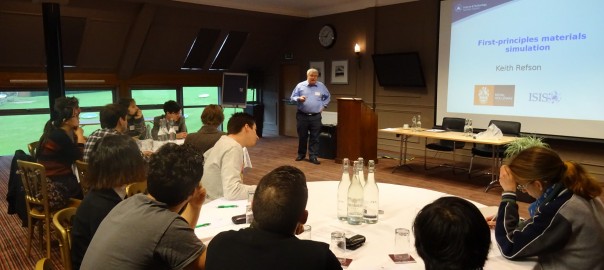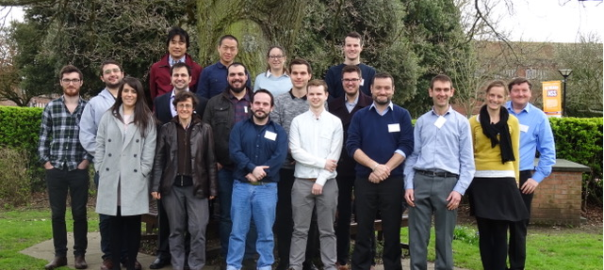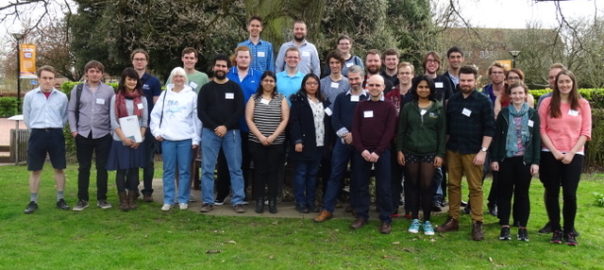This year’s Winter School, entitled “Building your leadership potential”, took place on the 14-16 February 2018 at Cumberland Lodge. The former royal residence set in the heart of Windsor Great Park was host to 25 postgraduate students who enjoyed being immersed in its fascinating history dating back to the 17th century.
The 3-day residential school focussed on the skills required for effective leadership and team-working. Different leadership styles were explored and each student attendee was given the opportunity to have their preferred team-working style evaluated using the Belbin model.
The core activity involved Columbia’s fatal final mission. The multi-media case tracks the Columbia Space Shuttle mission from launch as NASA engineers and leaders sought to understand the nature and threat associated with an anomaly that occurred on launch. Participants were given an opportunity to analyse the case using materials supplied by NASA under the guidance of Dr Trevor Long, Consultant.
Thank you to Alys Brett Data and Coding Team Leader, Culham Centre for Fusion Energy, Jan-Theodoor Janssen, Head of Science for SI Metrology, National Physical Laboratory and John Wells, VP Engineering, Leonardo Air and Space Systems Division, who participated in the employer panel session.
Students also had an opportunity to hear from the finalists of the Enterprising Ideas Competition during a “Physics Means Business” networking evening. Congratulations to the winners, Royal Holloway University of London who had a team of both undergraduate and postgraduates. Thank you to Elaine Hickmott, Elaine Hickmott Enterprises for leading the entrepreneurship training and running the 2017-18 competition.
A PGR from the University of Sussex said, “I really enjoyed the programme. It was varied and interesting. I liked the mix of presentation and workshop and having networking/discussion panels with employers was useful.”
Thank you to Trevor Long, Trevor Long Consultancy who ran the workshop, Veronica Benson, SEPnet Employer Liaison Director and Kay Pearson, Employability Advisor, for offering feedback and finally Cristobel Soares-Smith, Graduate Network Administrator for organising the event.

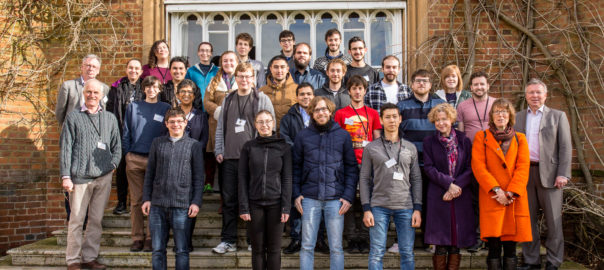
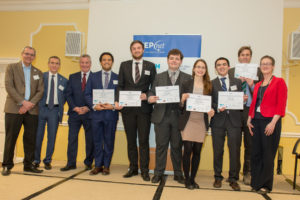
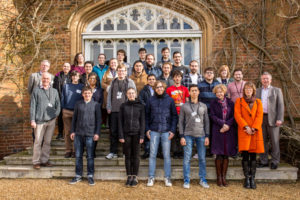
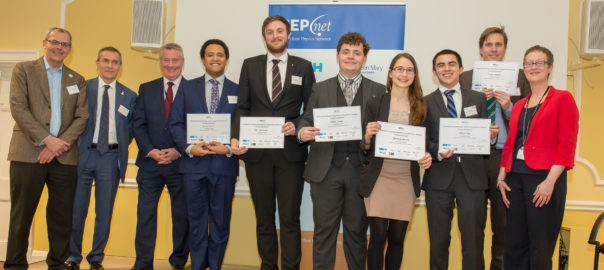
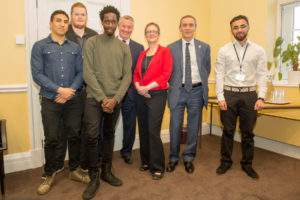
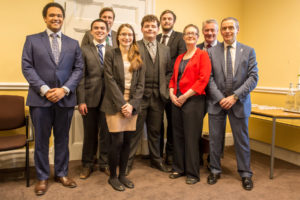
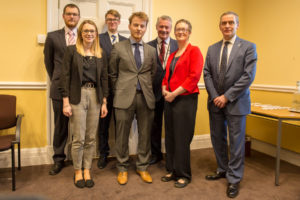
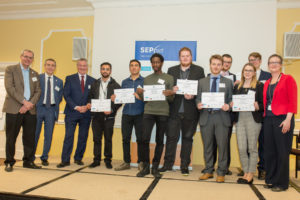
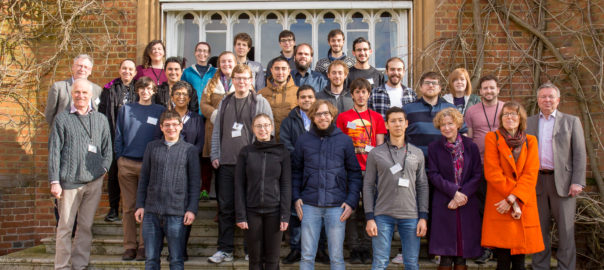
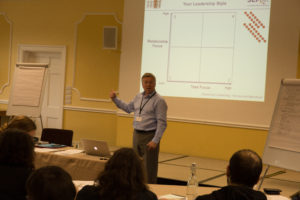
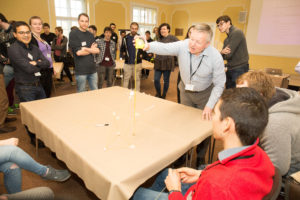

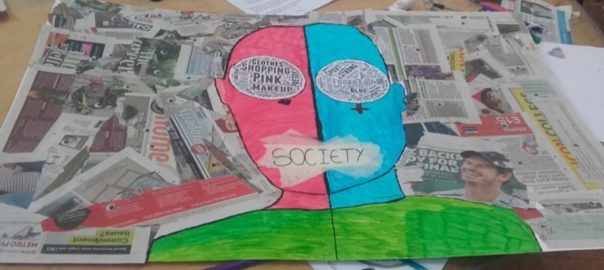

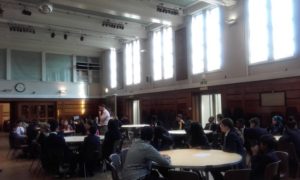 This was the first SEPnet-wide project which involved building a direct partnership with a set of schools to deliver a programme of activity over an academic year. The pilot was a first step, so the priority for the evaluation was on logistics over impact of the project, though both were considered. The evaluation was carried out by Elizabeth Jeavans and Sarah Jenkins. The full report can be
This was the first SEPnet-wide project which involved building a direct partnership with a set of schools to deliver a programme of activity over an academic year. The pilot was a first step, so the priority for the evaluation was on logistics over impact of the project, though both were considered. The evaluation was carried out by Elizabeth Jeavans and Sarah Jenkins. The full report can be 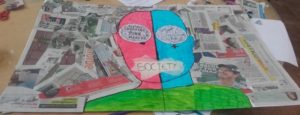 This gives the project a fantastic base to evolve and grow from in future years. However the project did highlight some areas where further development is needed. Most of these were themed around the following areas:
This gives the project a fantastic base to evolve and grow from in future years. However the project did highlight some areas where further development is needed. Most of these were themed around the following areas: